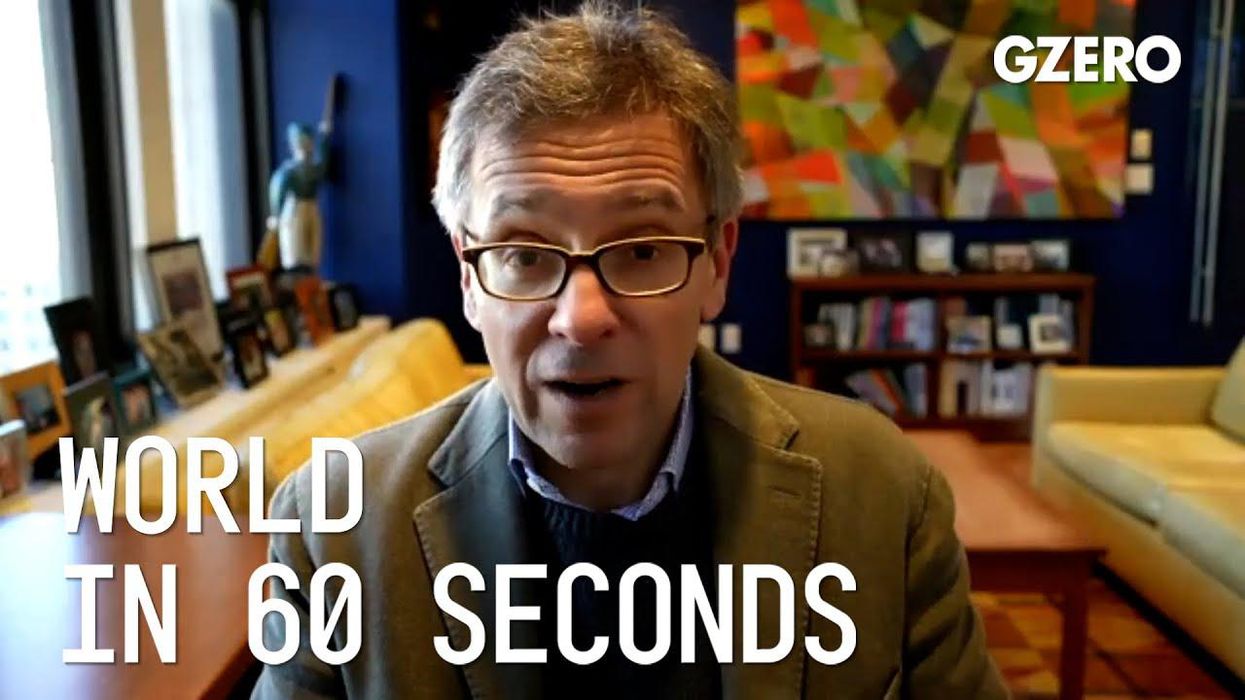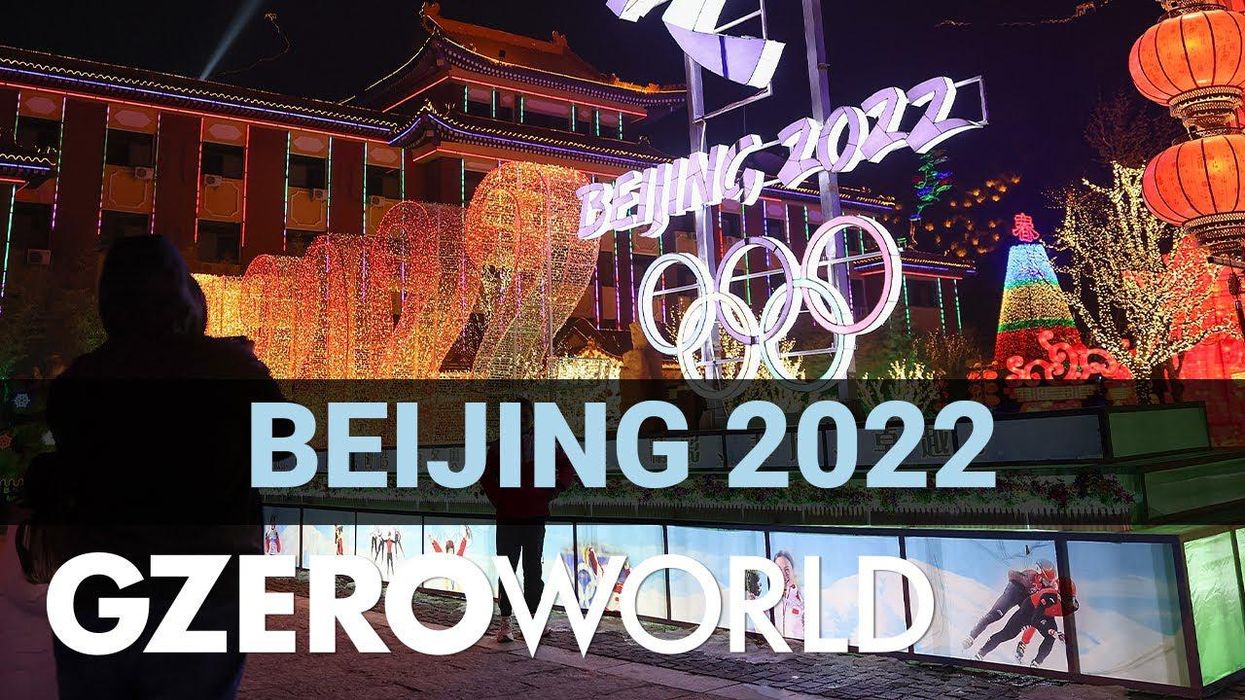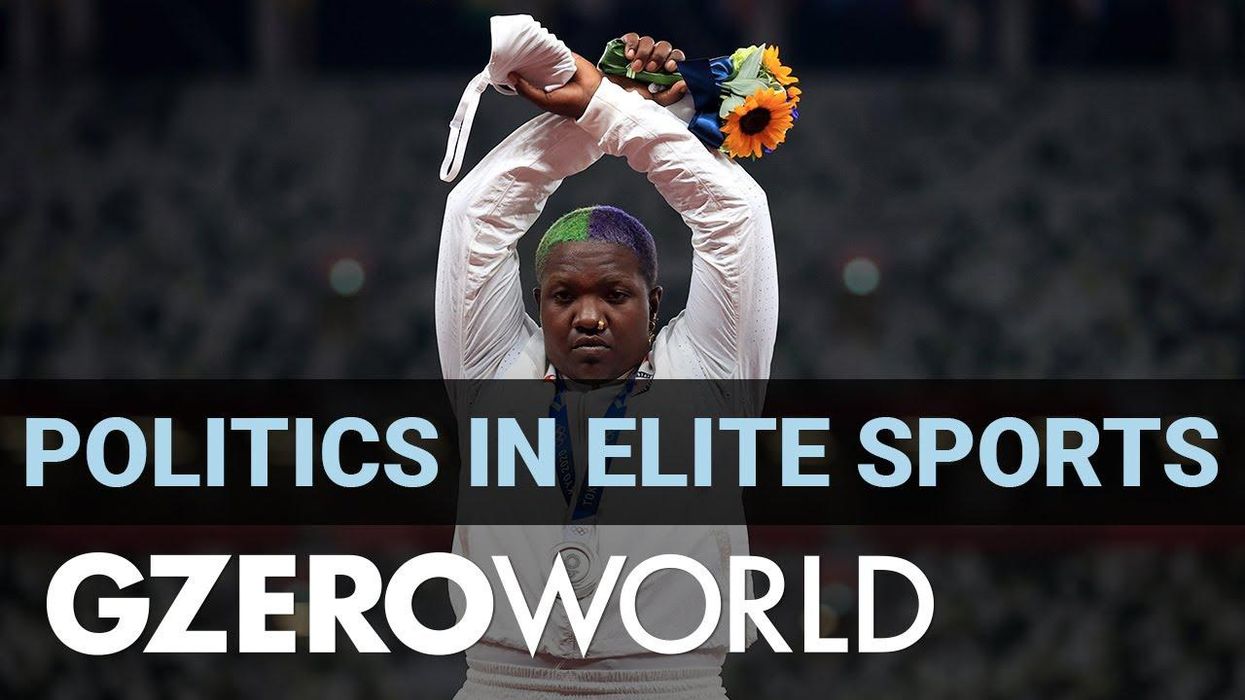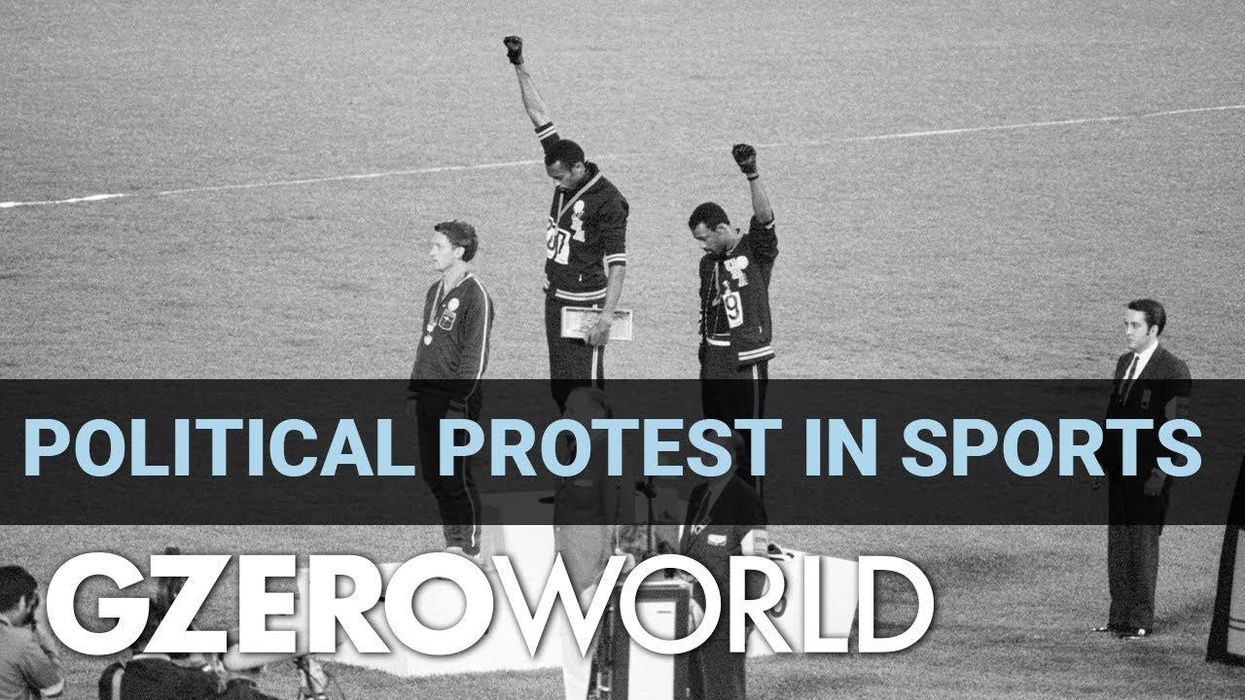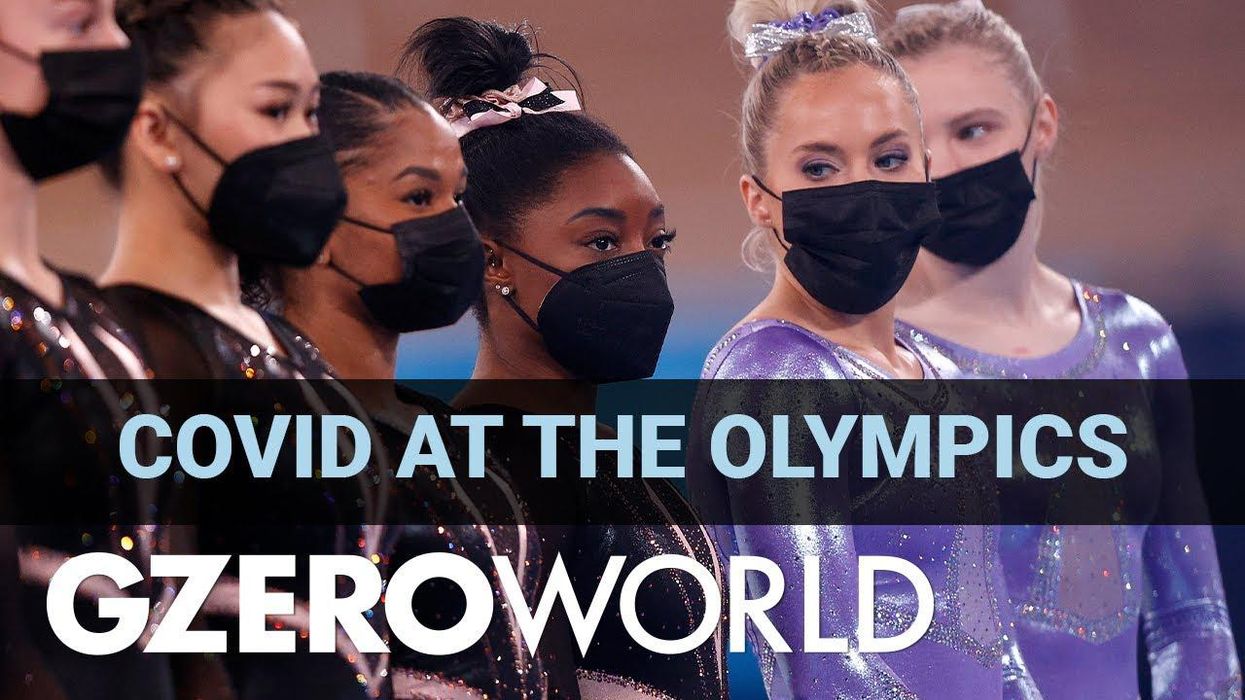ask ian
Peng Shuai, China's tennis star, appears safe but questions remain
Why has China silenced its famous tennis player, Peng Shuai? What's the deal with the planned "Bitcoin City" in El Salvador? What should Americans be thankful for this Thanksgiving? Ian Bremmer shares his insights on global politics this week.
Nov 23, 2021
